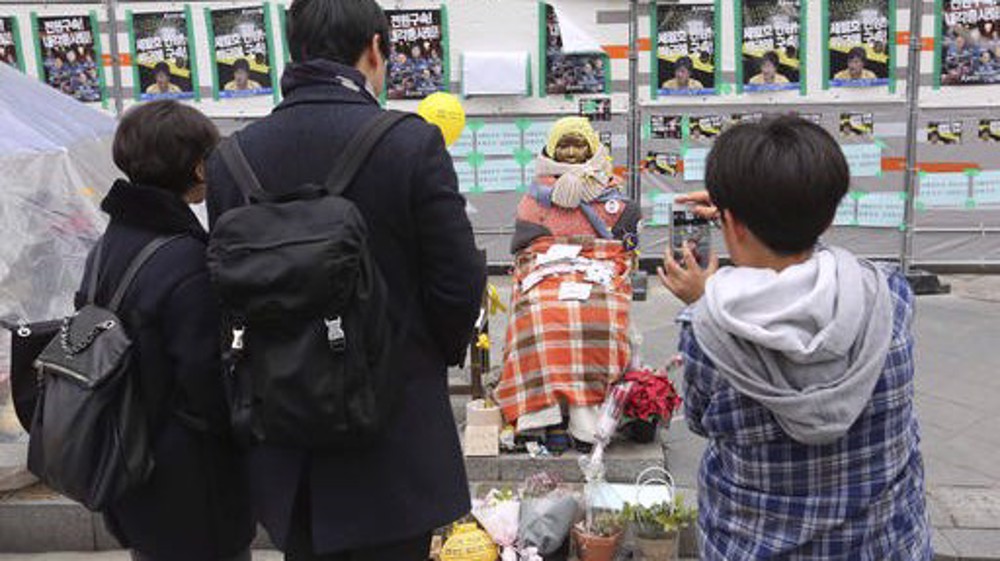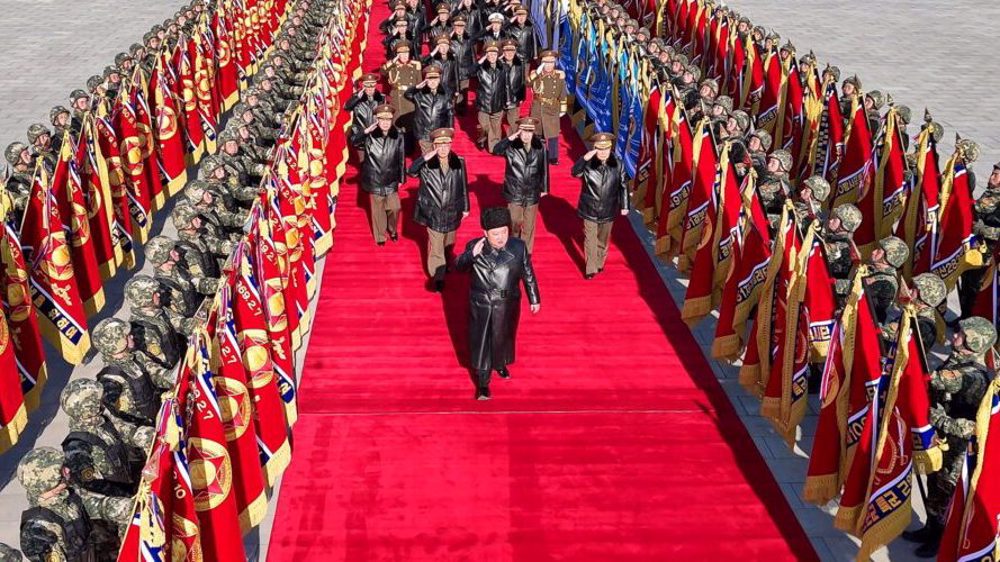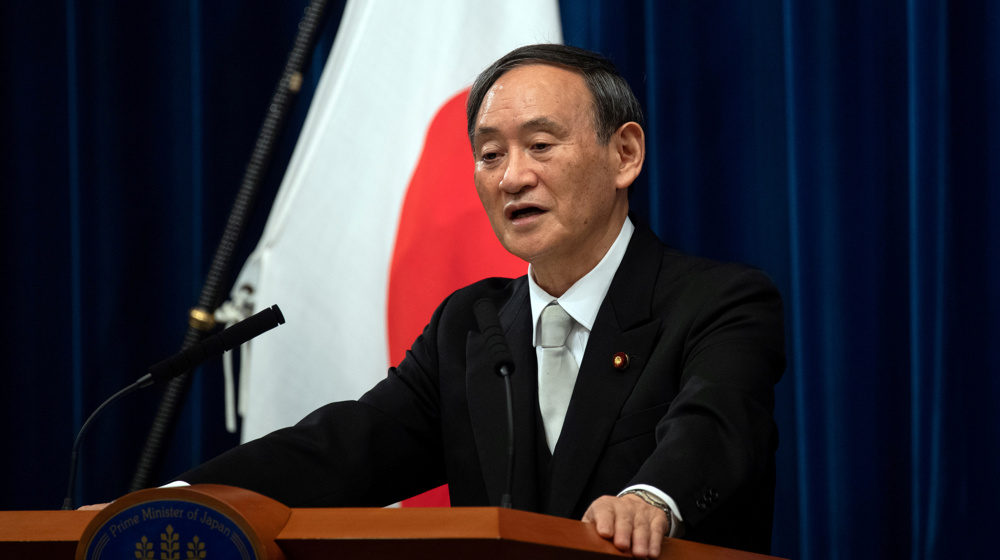South Korea court orders Japan to compensate war-era 'comfort women' victims
A South Korean court has demanded Japan compensate 12 former “comfort women” who were forced to work in Japanese military brothels during World War II, in a ruling that could reignite diplomatic and historical rows between the two top US allies in the Asia pacific.
“It was a crime against humanity that was systematically, deliberately and extensively committed by Japan in breach of international norms,” Justice Kim Jeong-gon declared in the ruling on Friday.
“Even if it was a country’s sovereign act, state immunity cannot be applied as it was committed against our citizens on the Korean peninsula that was illegally occupied by Japan,” the judge added, rejecting the application of “sovereign immunity” -- a concept under international law that a country is immune from the jurisdiction of the court of a foreign nation – in the case.
In awarding the 12 plaintiffs 100 million won ($92,000) each as demanded, the Seoul Central District Court further argued that the Japanese government had "violated international norms by committing intentional, systematic and wide-ranging inhumane criminal acts."
Tokyo, however, has taken the position that the lawsuit should be dismissed base on the ‘sovereign immunity’ concept and declined to be involved in the legal case.
Reacting to the Friday ruling, Japan’s Chief Cabinet Secretary Katsunobu Kato rejected the verdict as “unacceptable,” calling on Seoul to make an “appropriate response.” The Japanese foreign ministry also summoned the South Korean Ambassador to Tokyo, Nam Gwan-pyo, to lodge a complaint.
The court ruling further highlighted Japan’s 1910-45 colonial rule, with many survivors of “comfort women” -- a Japanese euphemism for sexual abuse victims -- demanding Tokyo’s formal apology and compensation.
Some historians estimate that as many as 200,000 Korean girls and women were forced to serve Japanese soldiers as prostitutes during the colonial era -- sometimes under the pretext of “employment” or to pay off a relative’s debt.
Only 16 registered Korean survivors are still alive, and six of the 12 victims have died since they initiated the lawsuit in 2016.
The women’s lawyer, Kim Kang-won, said he was “deeply moved” as the ruling acknowledged the Japanese government was accountable for the atrocity.
Japan, however, insists that the issue was settled under a 1965 treaty that normalized diplomatic ties, and the two countries agreed to “irreversibly” end the dispute in a 2015 deal.
South Korea’s President Moon Jae-in effectively nullified the agreement, in which Tokyo issued an official apology and provided 1 billion yen ($9.6 million) to a fund to help the ‘comfort women’ victims.
While South Korea’s foreign ministry did not immediately react to the Friday ruling, its ambassador to Tokyo said he would strive to prevent the ruling from having an “undesirable impact” on bilateral ties.
“I emphasized that it was most important for both sides to respond in a calm, restrained manner in order to resolve the issue,” Ambassador Nam told reporters after being summoned by the Japanese foreign ministry.
Relations between Tokyo and Seoul have plunged in recent year over a feud stemming from the 2018 South Korean Supreme Court rulings that ordered Japanese companies to compensate its nationals for forced labor during Japan's colonial rule over the Korean Peninsula.
South Korea and Japan -- both staunch US allies despite being top victims of American military atrocities during World War II and the Korean War -- are key trade partners and share other common interests, including fending off North Korea’s growing nuclear and missile advancements in the face of persisting US-led military threats to invade the China-allied country.
‘Speaking truth is her crime’: Netizens rip into European allies of Israel for targeting Albanese
Russia reaffirms support for Iran’s sovereignty amid rising US threats
VIDEO | 3,000 bodies of Palestinians ‘evaporated’ as Israel used banned weapons in Gaza
Iran says political pressure cannot undermine its ‘inalienable’ enrichment right
Former Trump adviser Bannon plotted with Epstein to 'take down' Pope Francis
China warns US against ‘plotting’ on Taiwan, says it risks confrontation
VIDEO | Zionist takeover of UK police
VIDEO | Trump-Netanyahu meeting














 This makes it easy to access the Press TV website
This makes it easy to access the Press TV website